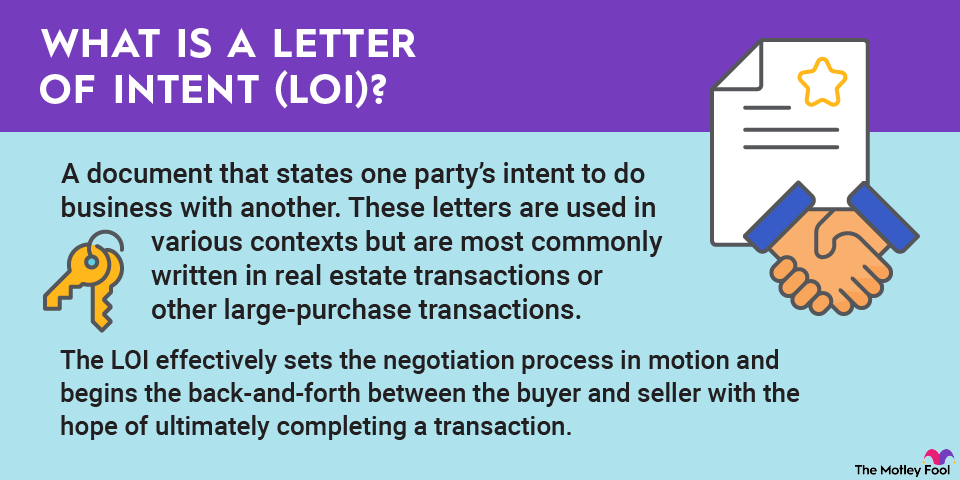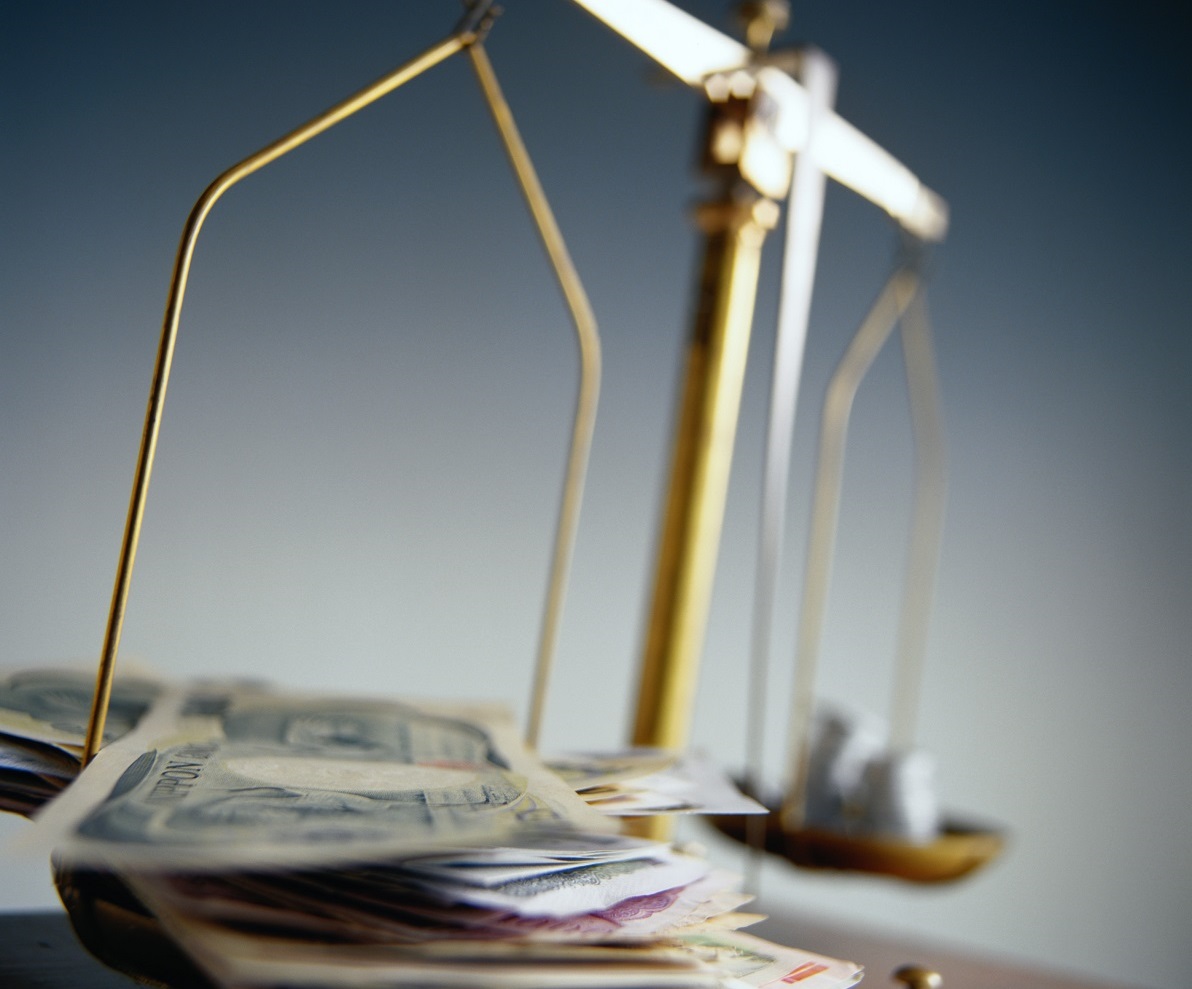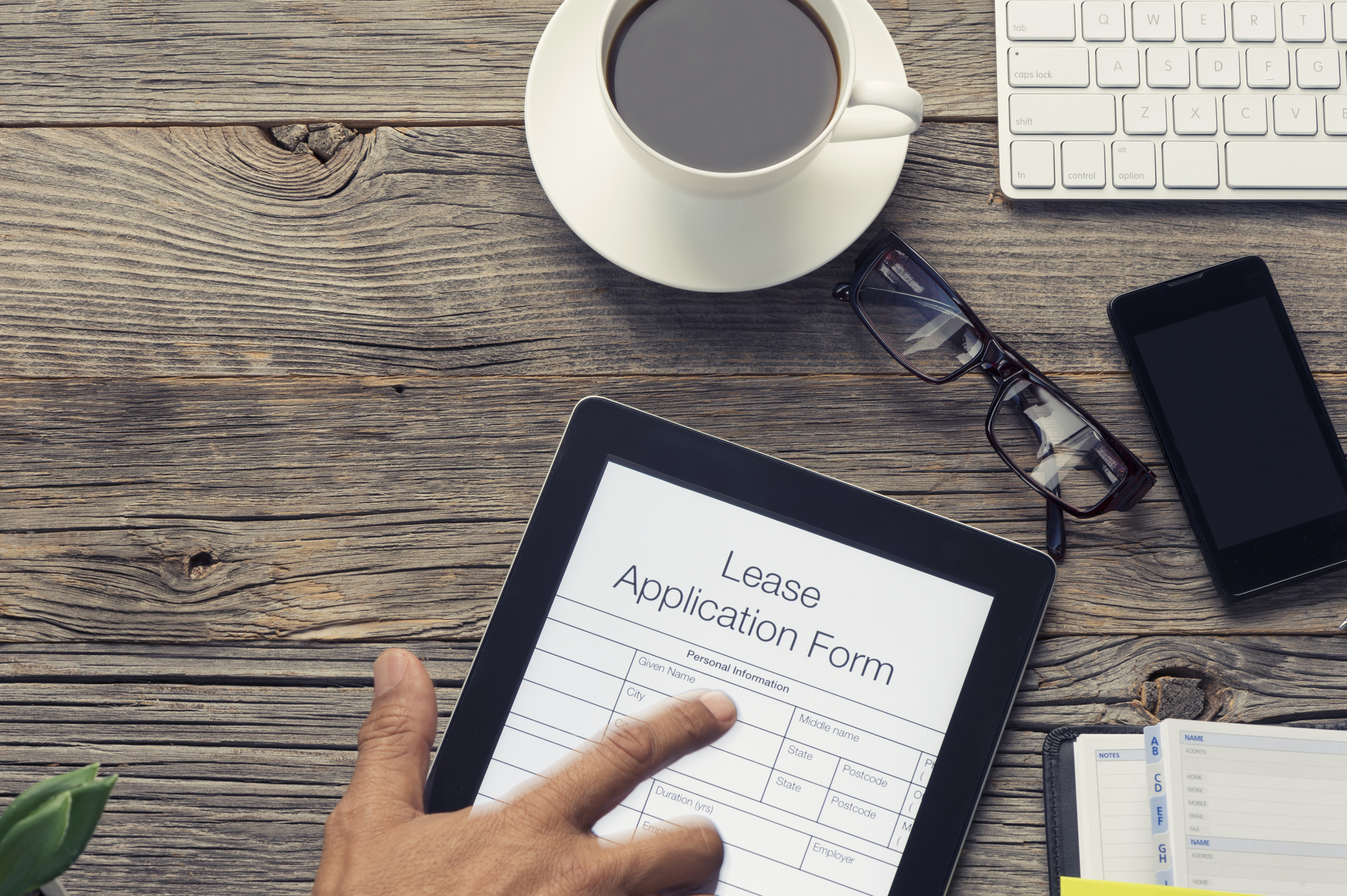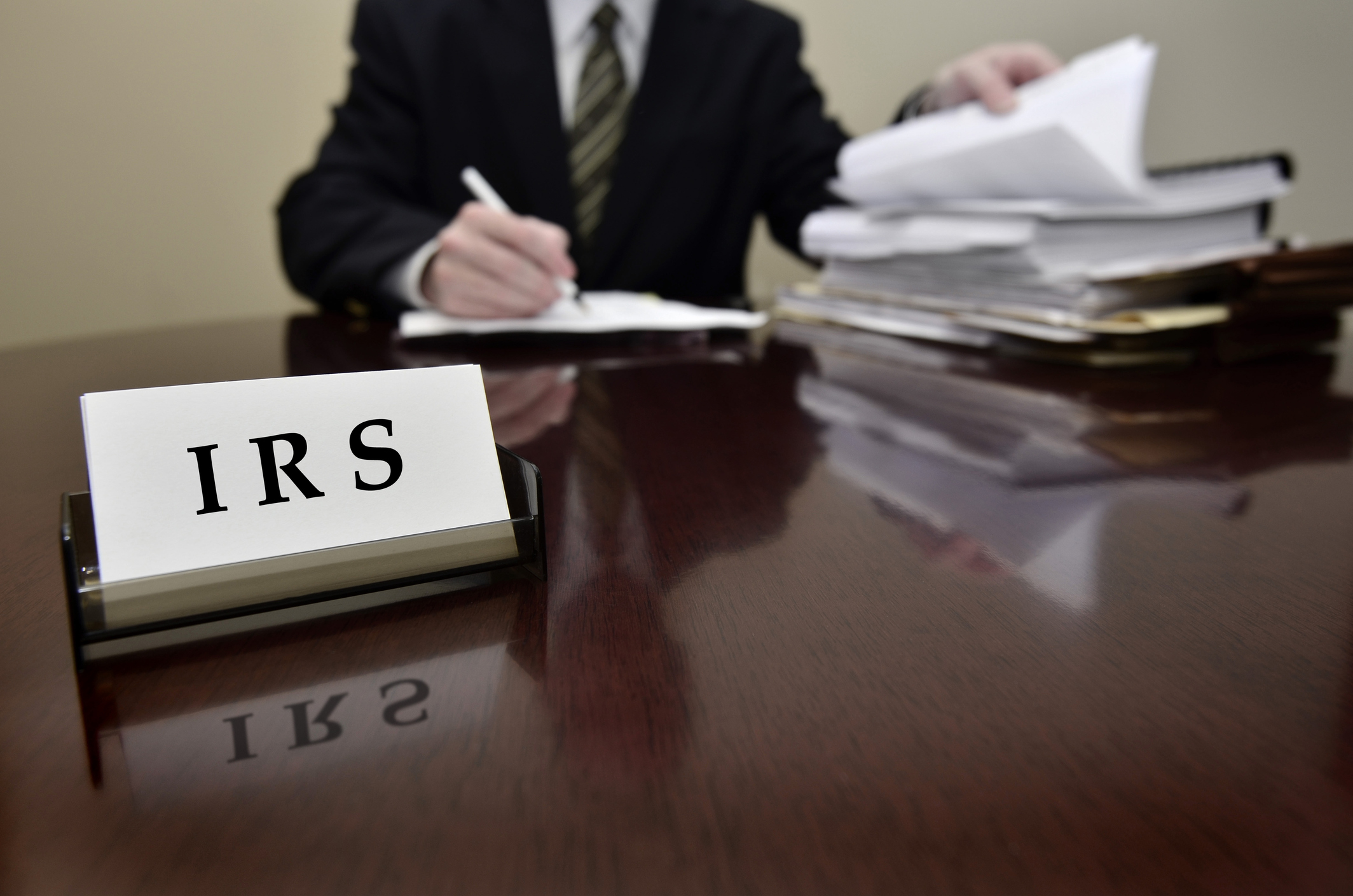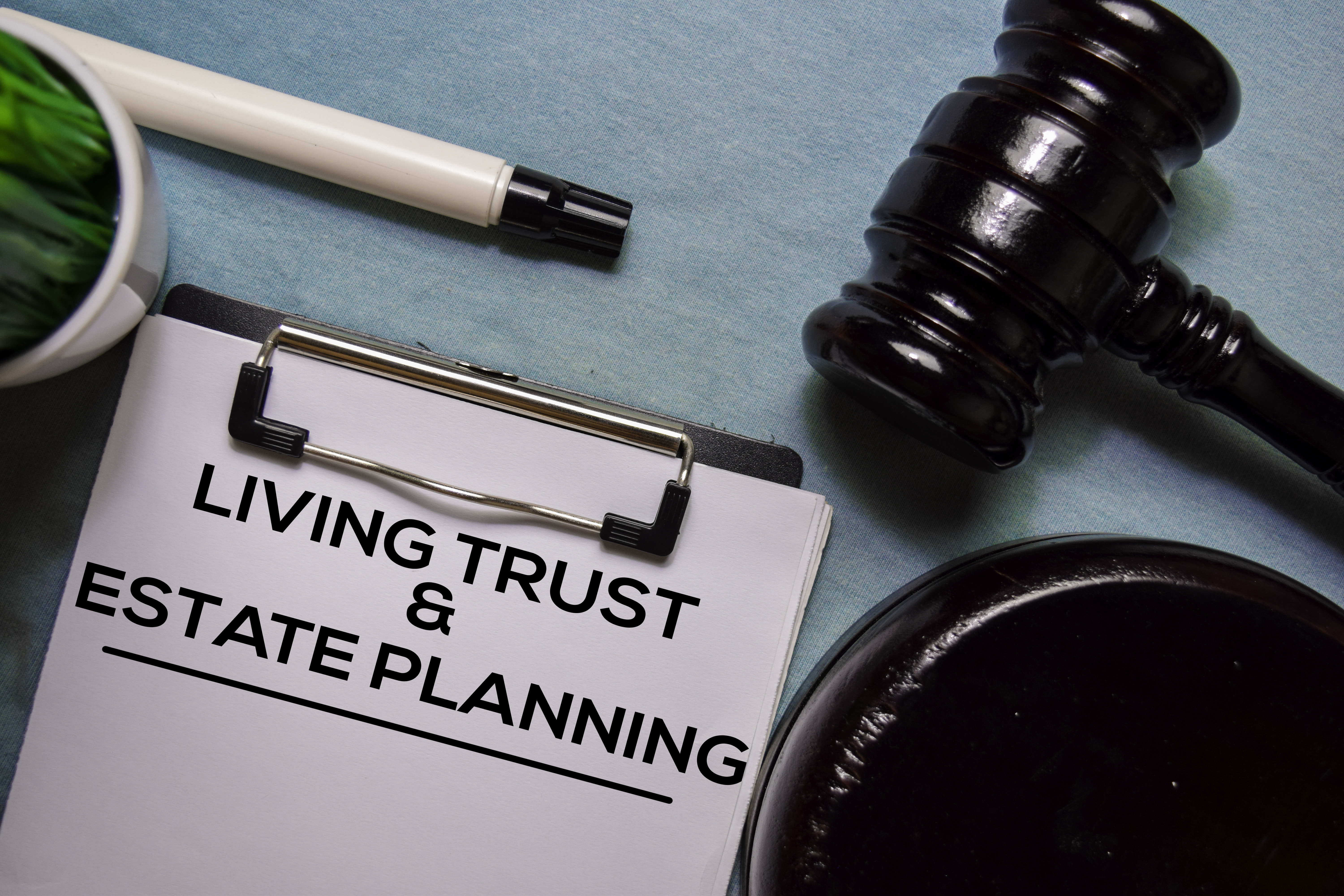If you buy things with loans and fail to pay for something important, you may end up with a lien. But just what is a lien, and how do they happen? Read on to better understand this tool some creditors use to collect a debt.

What is a lien?
A lien is a way for a lender to secure their loans. In simpler terms, if you buy something with a loan -- for example, your property -- the purchase can have a special legal filing added to its records that says that if you don't pay the loan, the company holding the lien can sell your property to cover the debt.
They're very common in practice with secured loans. The lien secures the loan, making it easier to qualify and generally with much better terms. However, they can also come into play with other types of debt. A lien itself does not necessarily force a sale of property, but it does secure the creditor's position in line when the property is sold.
What types of liens are there?
There are many different types of liens, but the most common you'll come across are the following:
- Bank liens. The bank will place a lien against the property that you are buying with the loan. This is common practice with car loans but may also be used with personal loans you've secured with property you already own.
- Judgment liens. If you've been sued by a creditor, they can place a lien against your assets to recover their money after securing a judgment against you.
- Mechanic's liens. If you hire someone to do work at your home or to your vehicle and you fail to pay, you can be subject to a mechanic's lien. The "mechanic" could be someone like a plumber or someone who put new tires on your car.
- Real estate liens. There are several types of real estate liens, but the most common are mortgages. A mortgage is a lien that you agree to pay in exchange for your house. When it's satisfied, the bank releases the lien.
- Tax liens. Taxes are tricky business, but if you fail to pay them, the government can put a lien against your property to recover what it's owed.
How does a lien occur?
If you agree to place a lien against your property in exchange for a loan, liens are pretty gentle and easy. They're created when you sign the loan documents and get your disbursement of funds. The bank then files the lien with the local county or municipality, and the record is officially part of your deed or title.
It can get uglier if you owe someone money and refuse to pay or cannot pay. In that case, the person you owe -- for example, a roofer -- will send you notice that they're filing a lien and then file it with the county. They can then sue you for the amount owed, according to your state's laws, which vary tremendously.
If you have a lien as a result of a judgment, it works much the same way as above, except you've already been taken to court, and the debt was found to be valid. The lien can be filed immediately after the court case is settled.
Related investing topics
What happens when you have a lien?
Liens can be really scary, but the seriousness of the situation depends on the type of lien. Going back to the mortgage and car loans, those liens are generally not serious from a legal standpoint since you've voluntarily agreed to have the lien encumbering your property as long as you owe the debt. Once the debt is paid, you can go on your way with the title to your property.
In the case of a mortgage or car loan default, the lien protects the bank and helps them get back as much money as possible from your home if they reclaim the property and it's sold.
With other types of liens, depending on how much you owe and your state laws, your home or other property can be encumbered after the debt is incurred, so you can't borrow against it or sell it without satisfying the debt. In very extreme circumstances, it may be sold to satisfy the lien.
In these cases, it's best to negotiate with the lienholder for some kind of payment arrangement that will help you both get what you need. Selling property is always a strategy of last resort. If you can make a valiant effort at payment, you may well find yourself in a manageable situation.
Once the lien is paid, the person or company who is owed money can file to have it released. This generally happens fairly quickly. Always keep a copy of the lien release on file just in case it isn't properly cleared, or there's a question later.

